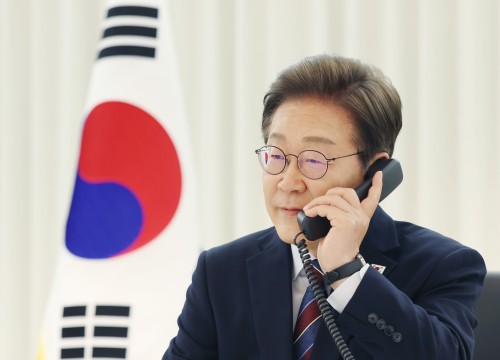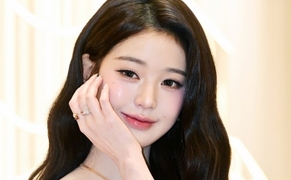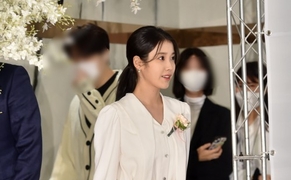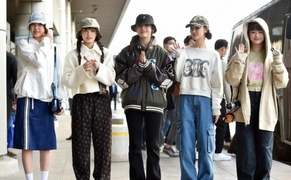 |
| President Lee Jae-myung holds a telephone receiver to speak with U.S. President Donald Trump at his official residence in Hannam-dong, Seoul, on June 6. / Source: Yonhap News |
President Lee Jae-myung is set to make his official debut on the global diplomatic stage next week at the Group of Seven (G7) summit in Canada. Less than two weeks after taking office, Lee will join key world leaders in a high-profile multilateral setting, where attention will focus on how his pledge of “pragmatic diplomacy centered on national interest,” outlined in his inaugural address, will be translated into action.
According to the presidential office on June 8, President Lee has accepted an invitation to attend the G7 summit to be held in Alberta, Canada, from June 15 to 17 (local time). Following his first phone conversation with U.S. President Donald Trump on June 6, just three days into his term, Lee is now moving quickly to fill the six-month diplomatic vacuum left after last December’s emergency martial law crisis.
Lee’s diplomatic debut comes amid escalating global trade tensions driven by Trump’s tariff policies, raising questions over how the new administration will manage “Trump risk.” The spotlight will be on Lee’s anticipated first bilateral summit with Trump during the G7, where discussions are expected to build on Lee’s commitment to strengthening the U.S.-ROK alliance. For Lee, establishing a solid foundation in U.S. relations early in his term is seen as a critical step in advancing his pragmatic foreign policy agenda.
Relations with Japan will also be tested at the summit, with a possible bilateral meeting with Japanese Prime Minister Shigeru Ishiba and a potential trilateral summit involving the U.S., South Korea, and Japan. As tensions between the U.S. and China continue to shape global dynamics, Lee will face an early test in striking the right diplomatic balance. In his inauguration speech, Lee vowed to “solidify U.S.-ROK-Japan cooperation based on the strong U.S.-ROK alliance,” signaling a pragmatic tilt toward closer alignment with Washington and Tokyo.
Lee launched his diplomatic outreach with his first phone call to President Trump, during which both leaders reaffirmed the importance of the U.S.-ROK alliance and pledged to “closely cooperate to advance bilateral relations.”
One of the top bilateral agenda items—ongoing tariff negotiations—is also expected to accelerate. Presidential spokesperson Kang Yu-jung stated, “The two leaders agreed to work toward a mutually satisfactory agreement on tariffs as soon as possible.”
An informal element of Lee’s upcoming diplomacy could also include golf. During their call, Trump invited Lee to visit the U.S. and proposed a round of golf together. “Both leaders shared details about their golfing abilities and agreed to schedule a round to further cement the alliance,” Kang added.
Given Trump’s preference for direct, top-down negotiations, analysts suggest that Lee must carefully prepare a robust diplomatic strategy. If their golf outing takes place, it would mark only the second time a U.S. and South Korean president have shared a round of golf, following a similar meeting between former Presidents Lee Myung-bak and George W. Bush.
Most Read
-
1
-
2
-
3
-
4
-
5
-
6
-
7





















